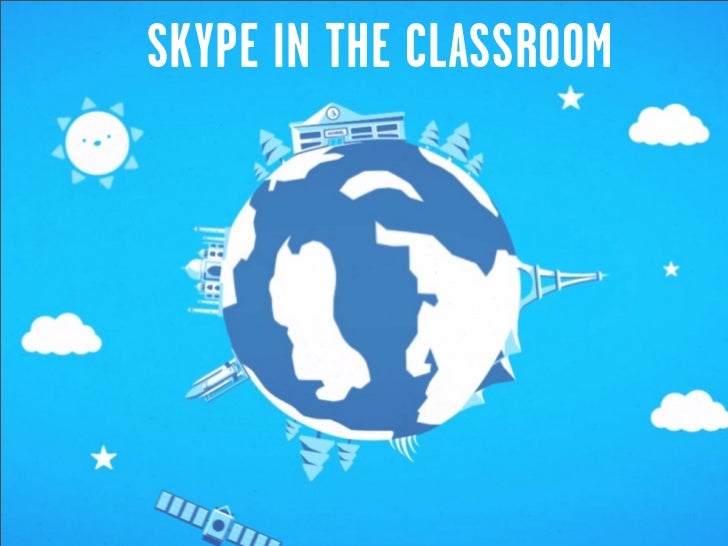In my last post I discussed the European Christmas Skype conversations that my class had taken part in and this work fed into a week creating a European Christmas market in our classroom.
Learners were inspired by trying to be the most successful stall with two small prizes available for the best looking stall and the most money made at market. The work that nearly all of the learners put in was fantastic thinking about persuasive language, product placement and the literacy and numeracy skills that underpin enterprise work.
There were stressful times where it felt as though we wouldn't get everything finished however the learners were helped by wonderful support staff who also really bought into the idea and helped learners to make craft, cook cakes and decorate their stalls.
Many parents commented on the success of the market from what they could see on the actual day and when the money was counted by the learners the found they had made £131.10 profit an amazing achievement!
The market was a success and it worked in our school environment with our learners however i do feel aspects would not be transferable to other educational environments. Learners were given a lot of freedom and some learners could have abused this if it was not for the group leaders and support staff i had available.
I would however encourage other staff in education to think about hosting a Christmas Market as the enjoyment and excitement it generated in the learners which was channeled into their work was immense.




















